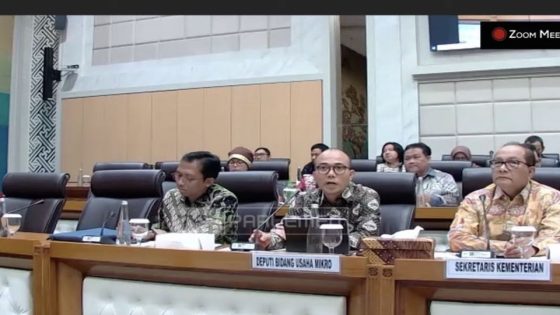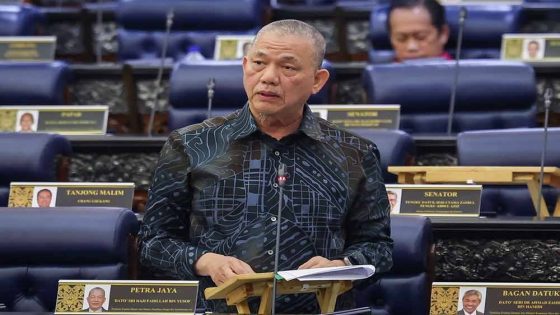Mataram’s former regent, Zaini Arony, has been named a suspect in a corruption case linked to the Lombok City Center (LCC). On February 24, 2025, the High Prosecutor’s Office of West Nusa Tenggara (NTB) detained him after a lengthy interrogation. Is this the end of the road for Zaini’s political career?
- Former Lombok Barat Regent Zaini Arony arrested
- Corruption case involves PT Tripat and PT Bliss
- Alleged state loss of Rp 38 billion
- Zaini Arony is third suspect in case
- Two previous suspects already detained
- Land collateral issues highlighted in audit
Corruption Charges Against Former Lombok Barat Regent Raise Eyebrows
What does this mean for local governance in Indonesia? The arrest of Zaini Arony has sparked discussions about corruption in public office. As the third suspect in a case involving over Rp 38 billion in state losses, Zaini’s situation highlights the need for transparency and accountability in government projects.
Details of the Corruption Case Involving Lombok City Center
The investigation centers around a cooperation agreement (KSO) between PT Tripatra and PT Bliss for the LCC project. Allegations suggest that Zaini, along with two other suspects, engaged in illegal activities that resulted in significant financial losses. Here are the key points:
- Losses estimated at Rp 38 billion due to unfulfilled financial commitments.
- Involvement of multiple suspects, including former directors of the involved companies.
- Investigation revealed discrepancies in land collateralization for the project.
- Assets related to the case have been seized by the authorities.
Understanding the Legal Implications of the KSO Case
This case underscores the legal ramifications for public officials involved in corruption. Zaini Arony’s detention for 20 days in Praya prison signals a serious approach to tackling corruption in Indonesia. The legal proceedings will likely set a precedent for future cases involving public officials.
Public Reaction and the Future of Governance in Indonesia
The public’s response to Zaini’s arrest has been mixed, with many calling for stricter measures against corruption. As citizens demand accountability, this case could lead to reforms in how local governments operate. Will this incident encourage more transparency in public projects?
In conclusion, the arrest of Zaini Arony is a significant moment in Indonesia’s fight against corruption. It raises crucial questions about governance and the integrity of public officials. As the legal process unfolds, the focus will remain on ensuring justice and restoring public trust.
































![Binance Coin [BNB] Price Surge Ahead: Crucial Levels to Monitor Amid Market Shifts](https://news.faharas.net/wp-content/uploads/2025/02/Binance-Coin-BNB-Price-Surge-Ahead-Crucial-Levels-to-Monitor.webp.webp)